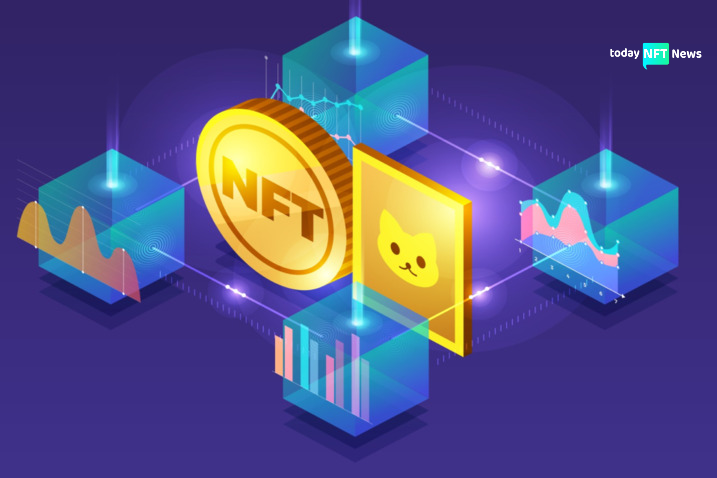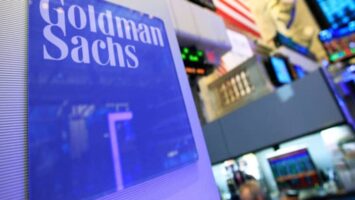SNEAK PEEK
- New research studies offer fresh insights into the NFT market, emphasizing the roles of personal experiences, luck, scarcity, and optimism.
- Guneet Kaur Nagpal and Luc Renneboog’s study on CryptoPunks reveals Ethereum investors’ tendencies towards higher-cost activities and gains.
- The research indicates that Ethereum’s market performance influences asset sale decisions more than NFT prices.
In a fascinating twist in understanding the nonfungible token (NFT) market, new research studies have revealed that personal experiences, luck, scarcity, and consumer optimism play crucial roles in market dynamics. This insight emerges from a trio of studies conducted by academicians from several prestigious institutions, offering a fresh perspective on the factors influencing the NFT landscape.
At the forefront of these studies, researchers Guneet Kaur Nagpal from Western University and Luc Renneboog from Tilburg University explored the market dynamics of CryptoPunks, a leading NFT asset collection. Their study, “On Nonfungible Tokens, Blockchain Hypes, and the Creation of Scarcity,” highlighted that Ethereum (ETH) investors were more inclined to engage in higher-cost market activities and experienced significant gains. Interestingly, the study noted that ETH’s market performance did not directly influence NFT prices but impacted decisions on asset sales.
Meanwhile, Chuyi Sun of the University of North Carolina at Chapel Hill delved into how personal experiences shape market behavior in the NFT domain. In the study “Personal Experience Effects across Markets: Evidence from NFT and Cryptocurrency Investing,” Sun analyzed data from approximately one million wallets. The findings revealed that investors receiving more valuable NFTs in initial offerings were likelier to engage in subsequent NFT purchases and gravitate towards speculative cryptocurrencies.
Contrastingly, a study from the Rennes School of Business, “The Impact of Experience, Overconfidence and Optimism on Future Cryptocurrency Ownership,” conducted by Akanksha Jalan and Roman Matkovskyy, brought to light an intriguing aspect of investor behavior. Contrary to expectations, negative past experiences and investor optimism positively influenced future engagements in cryptocurrencies and NFTs. This trend suggests a unique resilience among investors, attributing losses to external factors like market volatility rather than personal decision-making.
These studies offer a nuanced understanding of the NFT market, moving beyond conventional economic models. They underscore the importance of personal experiences and psychological factors in driving market trends. This research paves the way for a deeper exploration of the human elements behind the burgeoning world of NFTs, suggesting that market movements are as much about individual stories and perceptions as they are about economic indicators.
The recent findings challenge traditional market theories, highlighting the complex interplay of personal experiences, luck, scarcity, and optimism in shaping the future of NFTs. This new knowledge enriches our understanding of the NFT market and opens doors for more human-centric approaches to studying digital asset economies.









